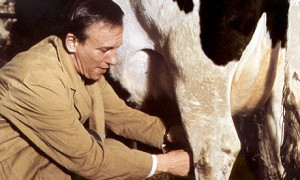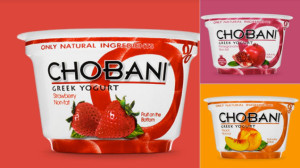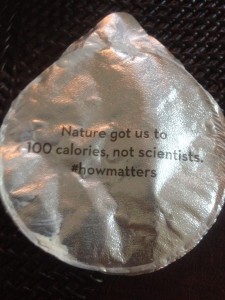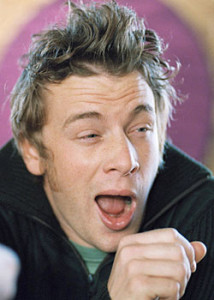Whether it’s food, automobiles, consumer goods, whatever – selling deficient product and trying to cover it up usually backfires.
 People and corporations are found out over time: so suck it up and go public early and often.
People and corporations are found out over time: so suck it up and go public early and often.
In response to continual mold problems, Chobani, the Greek yogurt people, made staff changes at its Twin Falls plant and corporate headquarters in New York, hired one new public relations firm and one advertising firm during the recall, and fired Nicki Briggs and “other in-house PR staffers” in November after “a broad refocusing of its resources.”
Chobani official said those PR changes had nothing to do with the mold outbreak and resulting recall.
Chobani may have been focusing on the wrong problem.
MagicValley.com reports the Idaho Department of Agriculture saw moldy yogurt during a routine inspection at Chobani two months before the company issued a voluntary recall, says a U.S. Food and Drug Administration report obtained by the Times-News under a Freedom of Information Act request.
The state denies the FDA claim.
More than 300 people got sick after consuming the moldy Greek yogurt from Twin Falls.
The state inspection was conducted in July. But not until September did Chobani issue a voluntary recall of 35 varieties of its tainted yogurt, advising the public it was contaminated with Mucor circinelloides, a mold commonly associated with yogurt production.
A report summarizing five separate inspections by the FDA in September gives this account of the state’s inspection:
“In July the routine Grade A sampling and testing samples taken by the Idaho Department of Agriculture (ISDA) from the Chobani Idaho Inc. production were visually noted, by the laboratory technician, that surface defects were present and additional testing was conducted noting a yeast like growth developing in the yogurt samples.”
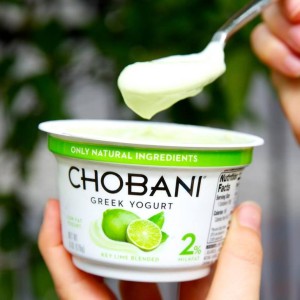 The FDA inspections also prompted Chobani to clean various pieces of equipment at the Twin Falls facility. After some “minor deficiencies” were reported, the FDA did not issue a mandatory recall or take further action.
The FDA inspections also prompted Chobani to clean various pieces of equipment at the Twin Falls facility. After some “minor deficiencies” were reported, the FDA did not issue a mandatory recall or take further action.
ISDA spokeswoman Pamela Juker said state regulators never took note of any mold during the July inspections, and she’s unsure where the FDA got its information.
“All of the raw and finished product-testing results met the requirements of the Pasteurized Milk Ordinance,” Juker said. “All of the tests we’ve done met the requirements.”
Chobani repeatedly has declined to provide details on the issue. But Weber Shandwick, a third-party public relations firm, emailed a company response Wednesday.
“Our goal is to ensure our Idaho facility is not just a leader in size, but also in cleanliness, quality and safety,” a Chobani official wrote. “To accomplish this, we have brought in significant resources and are working with internal as well as outside experts to put together one of the most advanced food safety and quality systems in our industry.”
Uh-huh.
And I prefer science as an enhancement of nature.

